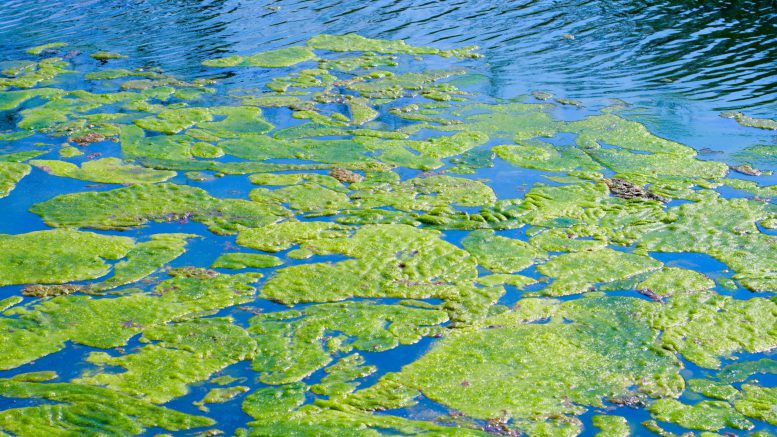Researchers at Brock University near Niagara Falls, Ont. are investigating a new way of extracting copper from an unlikely source: algae bloom.
The study, led by assistant professor of chemistry Vaughn Mangal, uses algae found in Lake Erie.
With demand for copper used in wiring, electric vehicles and technology expanding amid shrinking supplies, industries need to look at different way to obtain the red metal, Mangal told the university’s newspaper.
The research will be conducted in partnership with Destiny Copper, a Niagara-based copper extraction company that had previously worked with the university on innovative copper production methods.
The latest partnership, said Mangal, was inspired by phytoremediation — the practice of using plants to clean up contaminated environments — to come up with the idea of extracting copper from algae.
Algae needs copper
Algae require small amounts of metals like copper, nickel and zinc for growth, Mangal said. He said the research’s concept is similar to phytoremediation, where algae accumulate copper that can be harvested and concentrated.
It wasn’t immediately clear from the report how much copper could be produced from the method or what kind of scale an operation would be required for commercial feasibility.
According to the researcher, copper can enter aquatic systems in the form of copper sulphate, which is a commonly used fungicide in fruit farms and vineyards, leading agricultural players across the Niagara region. In Lake Erie, the agricultural run-off provides copper to fuel the growth of algae.
Alongside Destiny Copper, Mangal’s team will carry out a year-long proof-of-concept project to test the extraction of copper from algae cells collected from Lake Erie. Research analysis and results are expected by next year.
The research could see improvements in algae bloom management and cleanup on Lake Erie while recycling copper, Mangal said. It could be a new copper source, he said.


Be the first to comment on "Scientists study new copper source: algae"